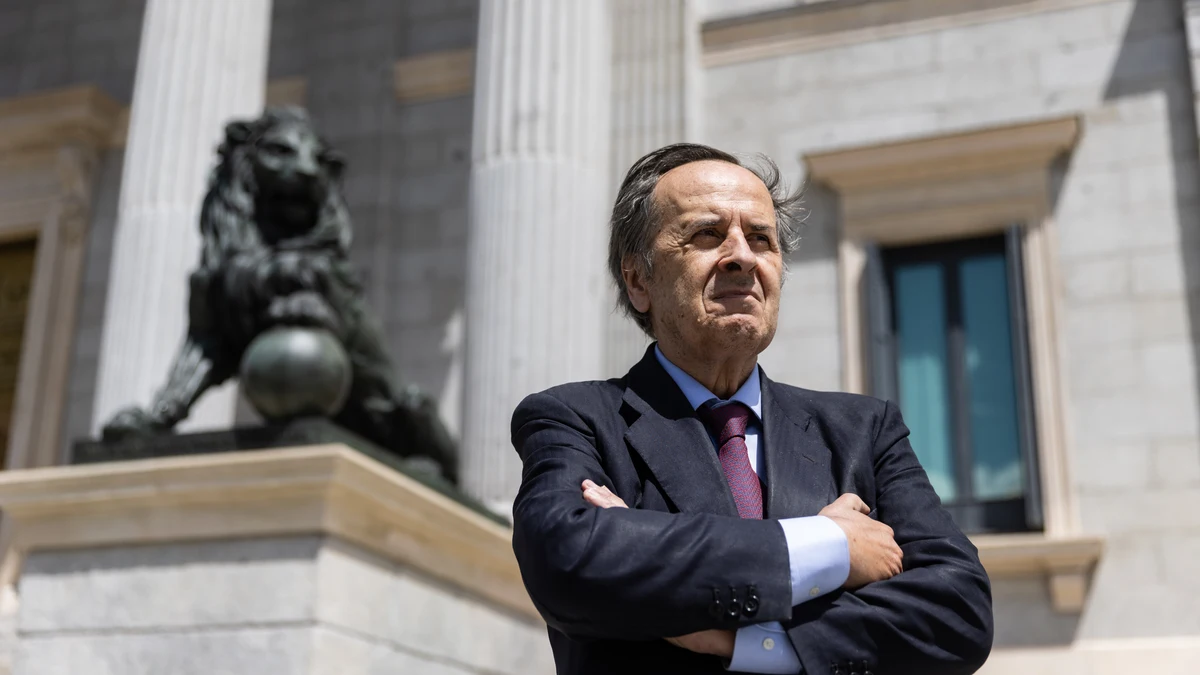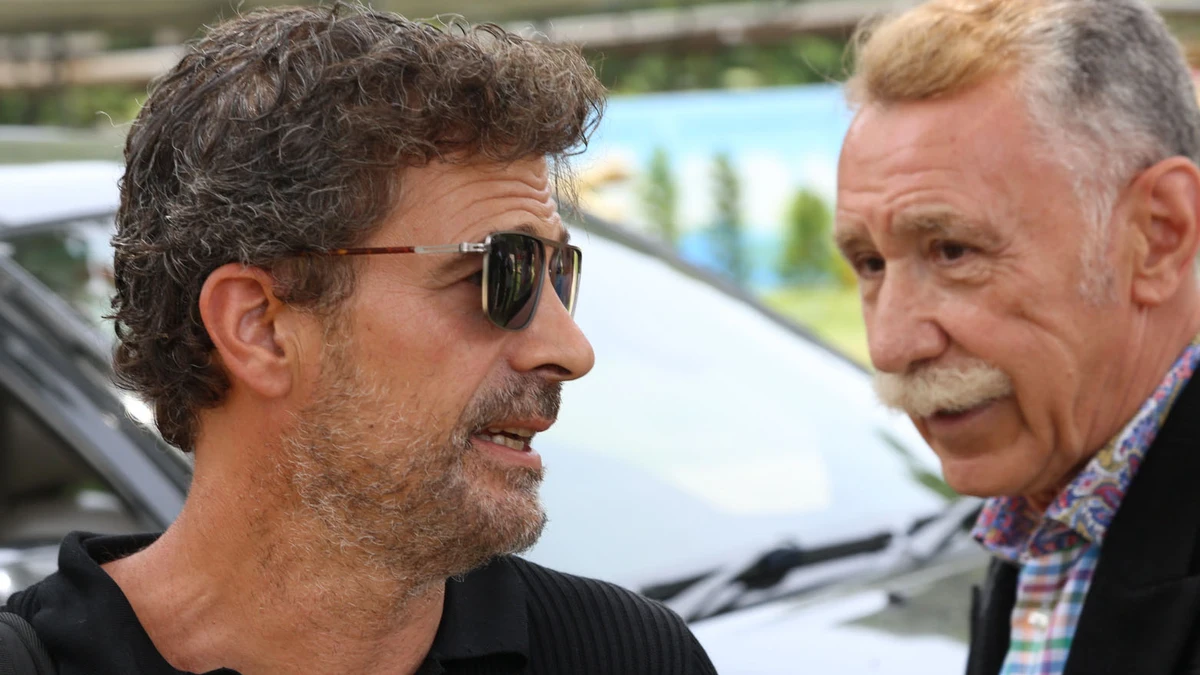On these editorial pages, we regularly commemorate the anniversaries of some of the world’s most horrific events because remembering what happened – however disturbing – helps us avoid future atrocities.
Today we recall the Rwandan genocide, which began 30 years ago this week. It’s a heartbreaking story.
Ethnic division was central to the conflict. Hutus had an 85-percent majority, but Tutsis often enjoyed favored status under colonial rule. In 1990, a Tutsi rebel group began assaults on the Hutu-led country. Hutus took power after Belgian colonialization ended in 1962 and discriminated against the Tutsis. After the attacks, Hutu leadership began a propaganda campaign to create hatred toward the Tutsis.
As Human Rights Watch explained, “For centuries they had shared a single language, a common history, the same ideas and cultural practices.” There was much intermarriage. Nevertheless, the government campaign successfully demonized the minority.
Then in 1994, after the downing of President Juvenal Habyarimana’s plane, all hell literally broke loose. Although the two ethnic groups were so intertwined, Rwandan law registered citizens based on their ethnicity, as instituted by the Belgians. It was listed on their ID cards.
Related Articles
Interventionism, not capitalism, has caused our economic problems
Business groups and lawmakers battle over ballot measure to limit California tax increases
Reparations push in California won’t yield much this year
Democrats must display an honest respect for rural Americans’ desire for independence
Vince Fong: The Legislature is gearing up to approve a budget plan based on gimmicks and phony cuts
As the BBC reported, the genocide was carried out with “meticulous organization.” The government handed out lists of names to militias. People killed neighbors and family members, often using machetes. In the end, more than 800,000 Tutsi and moderate Hutu were slaughtered, per BBC.
Millions fled. Other governments, including our own, and the United Nations did nothing throughout the 100 days of slaughter. Rwanda has undergone decades of soul-searching and reconciliation. The current government is disturbingly authoritarian, but the country’s economy is growing and is remarkably stable. Some observers even view Rwanda as an inspiration for making a comeback after the unthinkable.
What can the rest of us learn? There are myriad lessons involving colonialism and international peacekeeping. But mainly, it reminds us to eschew ethnic-based politics and to create institutions that treat all citizens as individuals.
The Rwandan genocide also points to the fragility of civilization – and to the unspeakable evils human beings are capable of perpetrating.





